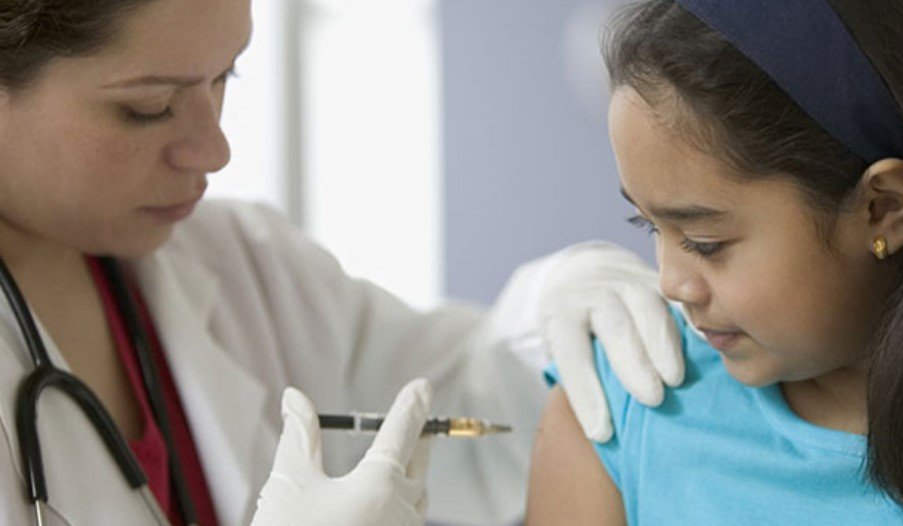In a significant humanitarian effort, Israel has delivered polio vaccines to Gaza, aiming to curb the spread of the disease in the war-torn region. This initiative comes after the first confirmed case of polio in Gaza in over two decades, prompting urgent calls from aid groups for a temporary ceasefire to facilitate vaccination efforts. The situation in Gaza remains dire, with ongoing conflict exacerbating the health crisis and complicating the distribution of vaccines.
Urgent Need for Vaccination
The recent detection of polio in Gaza has raised alarm among health officials and aid organizations. The virus, which can cause irreversible paralysis and even death, poses a severe threat to the population, especially children. In response, Israel has coordinated with international bodies to deliver over a million doses of polio vaccine to the region. This effort is crucial to prevent a widespread outbreak, as the virus has already been detected in wastewater samples across multiple locations in Gaza.

The delivery of vaccines, however, faces significant challenges. The ongoing conflict has devastated Gaza’s healthcare infrastructure, with many hospitals and clinics either destroyed or severely damaged. Aid groups are calling for a humanitarian pause in the fighting to ensure that vaccines can be safely distributed and administered. Without a temporary ceasefire, the risk of a polio outbreak remains high, endangering thousands of lives.
Humanitarian Efforts and Challenges
The humanitarian situation in Gaza is dire, with the conflict causing widespread displacement and destruction. Hundreds of thousands of Palestinians are living in overcrowded tent camps, lacking access to clean water and proper sanitation. These conditions are ripe for the spread of diseases like polio, making the vaccination campaign even more critical. Aid organizations, including the World Health Organization (WHO) and UNICEF, are working tirelessly to coordinate the distribution of vaccines and provide medical care to those in need.
Despite these efforts, the ongoing conflict poses significant obstacles. The delivery of vaccines requires secure transportation and storage, which is challenging in a war zone. Additionally, the healthcare system in Gaza is overwhelmed, with limited resources and personnel to carry out the vaccination campaign. International aid groups are urging both sides to agree to a temporary ceasefire to allow for the safe distribution of vaccines and other essential supplies.
Calls for a Humanitarian Pause
The call for a humanitarian pause in the fighting has gained support from various international organizations and governments. A temporary ceasefire would allow aid groups to carry out vaccination campaigns and provide much-needed medical assistance to the population. The United Nations has emphasized the importance of a seven-day pause to facilitate these efforts and prevent a potential health crisis.
The situation in Gaza highlights the urgent need for international cooperation and humanitarian assistance. The delivery of polio vaccines is a critical step in preventing a major outbreak, but it is only part of the solution. Long-term efforts to rebuild Gaza’s healthcare infrastructure and address the underlying causes of the conflict are essential to ensure the health and well-being of the population. As the world watches, the hope is that a temporary ceasefire can be achieved, allowing aid groups to carry out their vital work and protect the lives of thousands of vulnerable people.









